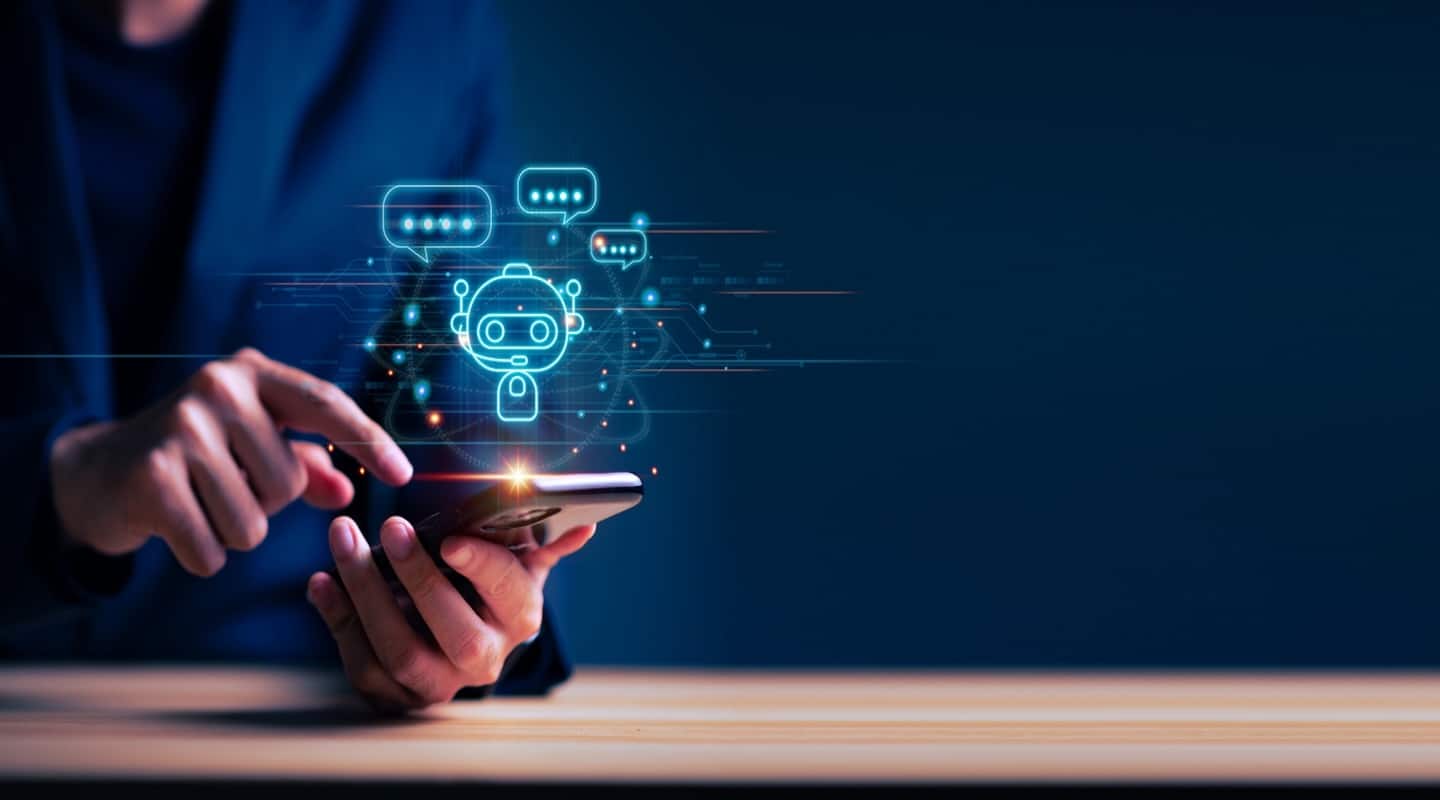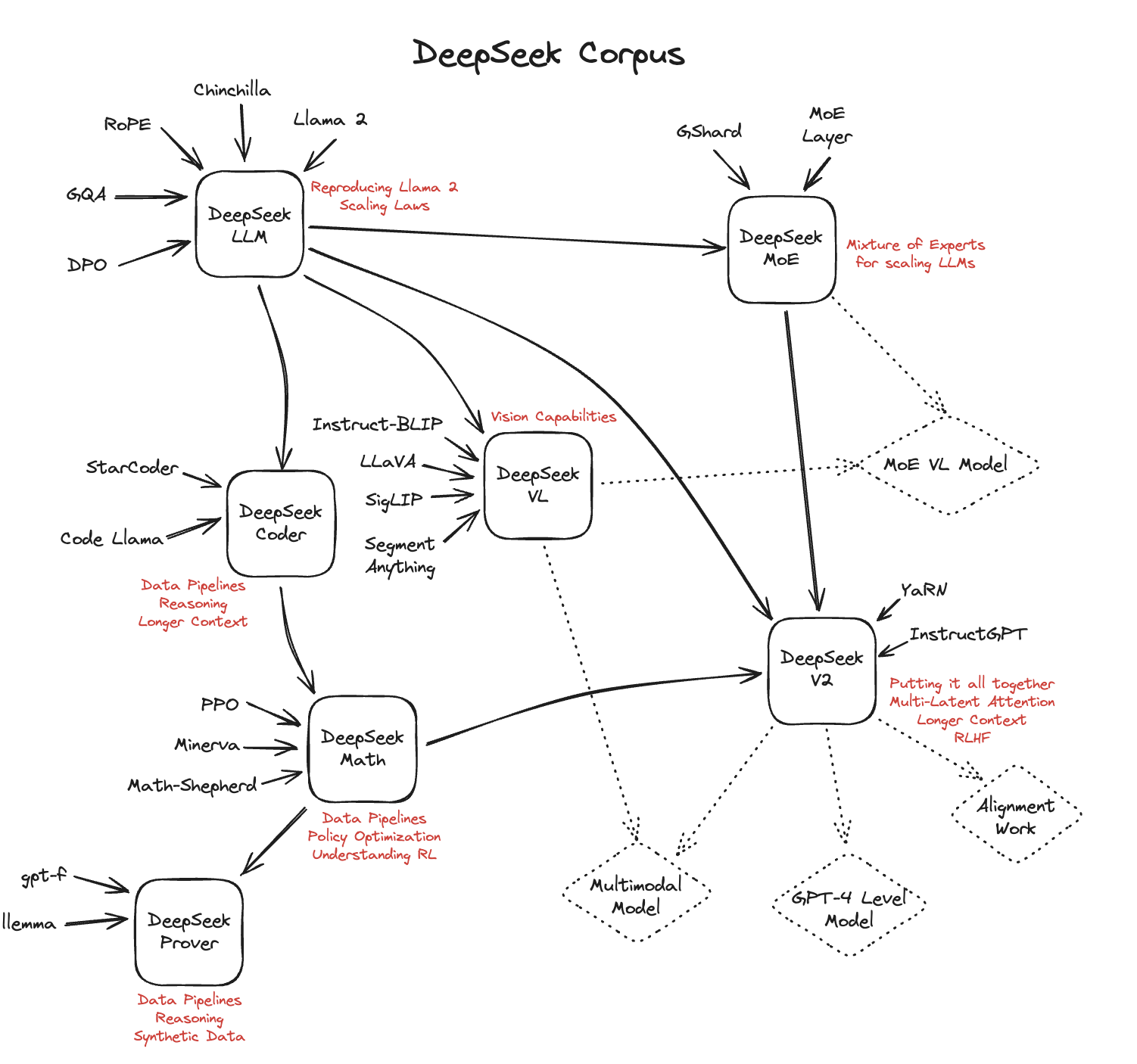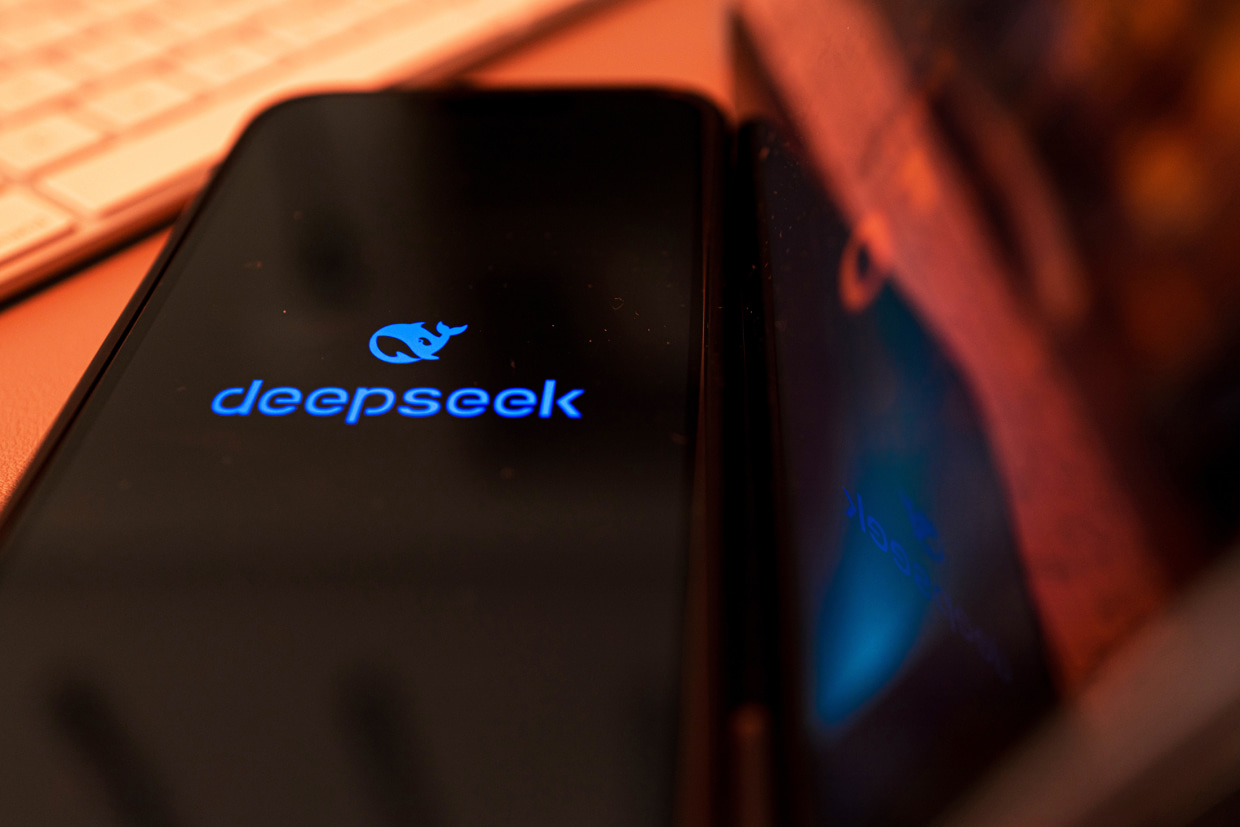The capacity of AI technology has been percolating in the background for yewiki.org years. But when ChatGPT, the AI chatbot, began getting headings in early 2023, it put generative AI in the spotlight. This guide is your go-to manual for generative AI, covering its benefits, limitations, use cases, prospects and much more.
What is OpenAI?
- Share this item with your network:
-
-
-
-
-
-.
-.
-.
-
- Cameron Hashemi-Pour, Former Site Editor
OpenAI is a personal lab that aims to establish and direct synthetic intelligence (AI) in methods that benefit humanity as a whole. The business was established by Elon Musk, Sam Altman and others in 2015 and is headquartered in San Francisco.

OpenAI was produced in part because of its creators' existential concerns about the potential for disaster resulting from carelessness and misuse of general-purpose AI. The business has a long-lasting concentrate on basic advances in AI and its abilities. The creators of the business and other investors began the company with a $1 billion endowment. In February 2018, Elon Musk left the business due to a possible dispute of interest with his work at Tesla, oke.zone the automobile and clean energy business motivated by Nikola Tesla.
The stated intent of the business-- to pursue safe artificial basic intelligence (AGI) for the advantage of humanity-- is shown in its objective to freely collaborate with other research study organizations and people. Research and patents made by the business are intended to stay open to the general public other than in cases where they might negatively impact security.
Timeline and history of OpenAI
OpenAI was originally focused on developing AI and maker learning tools for video games and other recreational functions. Less than a year after its official starting on Dec. 11, 2015, it launched its first AI offering: an open source toolkit for developing support knowing (RI) algorithms called OpenAI Gym. Over the next two years, OpenAI concentrated on more general AI advancement and AI research study.

This short article belongs to
What is Gen AI? Generative AI explained
- Which also consists of:.
8 top generative AI tool categories for 2025.
Will AI change tasks? 17 job types that may be impacted.
25 of the finest large language models in 2025
In 2018, OpenAI released a report to discuss to the world what a Generative Pre-trained Transformer (GPT) is. A GPT is a neural network, or a machine finding out design, developed to work like a human brain and trained on input, such as big information sets, to produce outputs-- i.e., answers to users' concerns.
In March 2019, OpenAI shifted from not-for-profit to capped-profit status and ended up being formally understood as OpenAI LP, controlled by parent company OpenAI Inc. Almost two years later on, in January 2021, OpenAI presented Dall-E, a generative AI model that examines natural language text from human users and after that creates images based upon what is described in the text.
Perhaps the company's best-known item is ChatGPT, launched in November 2022 and heralded as the world's most sophisticated chatbot for its capability to provide answers to users on an apparently unrestricted range of topics. Its benefits and downsides, as well as its uses in numerous markets, are still being discussed.

Elon Musk no longer serves on the board of the company, and co-founder Sam Altman acted as the business's CEO until November 2023 together with president and chairman Greg Brockman, previously the CTO of financial services and SaaS company Stripe; and chief researcher Ilya Sutskever, previously of Google.
In November 2023, Altman was fired from his position by the board of directors, pointing out that Altman was not candid in his interactions to the board. Right after, Brockman left the company. Both were hired by Microsoft 3 days after leaving the business.
Emmet Shear, co-founder of Twitch, was hired as the interim CEO at OpenAI after Altman's departure. Following Altman's shooting, around 500 of OpenAI's workers said they would stop if the board of directors didn't step down. After just five days, Altman and Brockman were re-hired in their original functions at OpenAI with a new board of directors.
Notable jobs and releases
OpenAI has been deemed advanced for its significant item offerings, which include the following:
GPT-3. This powerful big language design (LLM) works as the basis for other OpenAI items. It evaluates human-generated text to learn to generate similar text on its own.
GPT-4. Released in March 2023, GPT-4 delivers multimodal AI performance, where it can analyze both text and images.
GPT-4o. Introduced in May 2024, GPT-4o improved multimodal ability to recognize images, text and audio. GPT-4o is more conversational than other designs. GPT-4o will recognize the user's screens and pictures and ask concerns about them.
OpenAI o1. Released in September 2024, forum.pinoo.com.tr OpenAI o1 is an LLM with boosted reasoning functionality. Instead of supplying a reaction as quickly as possible, o1 "thinks" through the best approach to solve an issue for more precise responses.
OpenAI o3. Announced in December 2024, this o1 follower design has 2 versions-- o3 and o3-mini. These models use what OpenAI calls a "personal chain of thought" in reinforcement knowing, which teaches the o3 design to pause and examine internal discussion utilizing simulated thinking before producing replies. OpenAI plans to launch o3-mini to the general public in January 2025.
ChatGPT Search. This AI search engine is currently built into ChatGPT for Plus and Team users. The search feature provides up-to-date information from the internet and permits ChatGPT to take on other online search engine. It was launched in October 2024.
Dall-E and Dall-E 2. These generative AI platforms can examine text-based descriptions of images that users want them to produce and then produce those images exactly as explained.
Clip. Clip is a neural network that synthesizes visuals and the text relating to them to predict the finest possible captions that most properly describe those visuals. Because of its ability to find out from more than one type of information-- both images and text-- it can be classified as multimodal AI.
ChatGPT. ChatGPT is presently the most sophisticated AI chatbot developed for creating humanlike text and producing answers to users' questions. Having been trained on large information sets, it can generate answers and actions the way a human would. Since its development, updates to this tool have actually allowed it to communicate with users through voice conversation and images.
Codex. Codex was trained on billions of lines of code in various programs languages to help software designers simplify coding processes. It's established on GPT-3 innovation, but instead of creating text, it generates code.
Whisper. Whisper is labeled as an automatic speech recognition (ASR) tool. It has actually been trained on a wide range of audio data in order to recognize, transcribe and translate speech in about 100 various languages, including technical language and different accents.
ChatGPT Enterprise. Although this resembles the customer version of ChatGPT, the enterprise version lets users build the training of their design. This edition also reviews the current incremental changes made to ChatGPT.
Custom GPTs. GPTs are customized variations of ChatGPT that users can tailor to particular usage cases with no code. Verified GPT builders can share custom GPTs in the GPT shop and generate income doing so.
OpenAI and Microsoft
%20Is%20Used%20In%20Biometrics.jpg)
At the start of 2023, Microsoft openly devoted to a multibillion-dollar investment in OpenAI, but its interest in the business is absolutely nothing brand-new. In July 2019, OpenAI took part in a multiyear collaboration with Microsoft in which Microsoft's cloud platform, Azure, has actually been enhanced by AI-based computing items.

Microsoft's newest financial investment in OpenAI reaches Bing, its search engine. The company is utilizing the exact same innovation developed for ChatGPT to produce an AI-infused version of Bing. Concurrently, AI-based functions have also been added to Microsoft's Edge browser, and ChatGPT functionality is being contributed to Microsoft 365 products such as Outlook and Teams.

Criticisms of OpenAI
Despite all these fast advancements, OpenAI has actually not been immune to criticism, both on the planet of tech and beyond. The business's shift from "nonprofit" to "capped profit" status in 2019 fueled criticism that its commitment to dealing with others on structure "safe and advantageous" general expert system had become a profit-driven "AI arms race" to produce the most advanced AI innovation on the market. Simultaneously, others have actually revealed issues about OpenAI's growing absence of openness into how its innovative products are being developed, provided its dedication to developing open source software.

More just recently, the debut of ChatGPT in late 2022 has entered into a reasonable deal of criticism together with the extensive praise for its cutting-edge capabilities. The innovation has been accused of producing "hallucinations" or other factually inaccurate responses that are ostensibly smart and well written, yet do not hold up under examination. While this is maybe the most infamous downside of the platform, others include its prospective to plagiarize from other sources along with its restrictions in producing responses on the most up-to-date news. The information set it was trained on was from 2021, so the content it generates could injustice those who need details on current occasions. OpenAI upgraded ChatGPT Plus in November 2023 to include details approximately April of that year.
OpenAI's chatbots are amongst many that faced safety concerns early in 2023. Aside from the assistive abilities of these resources, researchers also identified poisonous material in their responses. Examples of these consist of info on how to construct a bomb, along with guidance on how to perform identity theft and steal from a charity.
International skepticism surrounding AI likewise continues to emerge. The French and Italian federal governments, for instance, offered needs and evaluations for OpenAI. Meanwhile, the U.S. White House asked for further details associated to the dangers associated with AI.
Lawsuits surrounding copyright with OpenAI have likewise turned up. In June, developers faced analysis amidst a charge from Joseph Saveri Law Office. Made on behalf of 5 book authors, this accusation showed ChatGPT and its underlying LLMs-- GPT-3.5 and GPT 4-- contained copyrighted products. Specifically, it accused these sources of utilizing the authors' copyrighted works for summaries to train the LLMs. This happened without permission from the authors.
The New York Times likewise took legal action against OpenAI and Microsoft in December 2023 for copyright violation, implicating them of illegally copying short articles to train LLMs and produce AI products that take on The New york city Times. The paper was the first major wire service to take legal action against OpenAI and Microsoft for utilizing their publications to train AI systems.
Among issues, actions to improve the system frequently take location. In response to the hesitation surrounding ChatGPT, OpenAI presented ChatGPT Enterprise in August. With this new variation, companies can have a better hang on design training and the information that exists within models. However, there stays a lack of clarity surrounding the training information utilized by the design. As such, enterprises have shared concerns about the design using copyrighted product for training.
OpenAI has actually also dealt with criticism surrounding lack of diversity on its board of directors. Critics kept in mind the board's absence of representation isn't in line with the company's mission to "benefit all of humankind." Following the firing and rehiring of Sam Altman in November 2023, OpenAI ousted its only 2 female board members and restored a board made up specifically white males. Lawmakers in Washington also advised that OpenAI diversify its board following the restructuring.
The future of OpenAI
OpenAI has actually not supplied comprehensive public commentary on future plans, however based on current financial investments, democratization of AI is a clear goal of the Microsoft-OpenAI collaboration, as nontechnical experts should soon have more AI tools at their disposal that do not need AI competence.
Microsoft has also taken actions that seem to suggest the anticipated growth of OpenAI and similar resources. In 2023, the business revealed a financial investment of more than $13 billion in OpenAI. With the objective of sustaining using AI for different purposes, the financial investment got a big quantity of support following its contrast to the web revolution.
In the 1990s, Bill Gates released a memo that explained the web as a "tidal wave" that would have a big effect on Microsoft. While referencing this memo, Microsoft CEO Satya Nadella just recently noted the resemblances in between internet and AI development. Furthermore, Microsoft is intending to use these tools to support innovation.
In parallel with its expected growth, OpenAI hosted its very first developer conference in November 2023. At the occasion, OpenAI unveiled GPT-4 Turbo, a language design with a considerably larger context window than its predecessors, a more affordable API prices model and a later training information cut. OpenAI also debuted personalized GPTs, a "Copyright Shield" that will secure customers from legal action, and GPT store where users can generate income from and access custom GPTs.
In December 2023, OpenAI struck a deal with media business Axel Springer to utilize its news material in OpenAI's items. This lets ChatGPT provide news summaries from Axel Springer's outlets, which consist of Politico and Business Insider. The deal shows OpenAI's intent to explore opportunities in AI-powered journalism.
Currently, OpenAI is in early talks with the California chief law officer's workplace to alter is business structure from a capped-profit service to a for-profit organization. OpenAI started as a not-for-profit AI research study lab in 2015.
Continue Reading About What is OpenAI?
What is generative AI? Everything you need to know
Bard vs. ChatGPT: What's the distinction?







